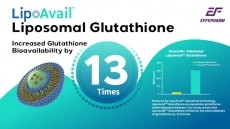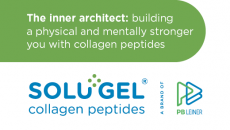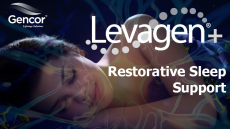Industry call: Maastricht Uni researchers hungry for satiety trial funding

The trial used whey-encapsulated casein and sucrose supplied by Irish biotech firm AnaBio Technologies to deliver what is known as the ‘ileal brake’ – a negative feedback loop from the small intestine to the central nervous system that is provoked by the presence of undigested macronutrients in the ileum (small bowel).
Lead researcher Dr Henk Hendriks, from the Maastricht University Medical Centre in the Netherlands and Dutch private-public partnership the Top Institute for Food and Nutrition, told us although the casein was the macronutrient used in the original trial, others like lipids could benefit from the AnaBio encapsulation technology and act as an ‘ileal brake’.
“We know from previous work that it doesn’t really matter if you encapsulate casein or a carbohydrate or a lipid,” Dr Hendriks said.
“The ‘phase 1’ trial found an appetite suppression effect but now we want to see if it will work if we do it for several days in a row and will people actually lose weight in the long term.”
“We have AnaBio on-board for the encapsulation but we are looking for sponsors, specifically companies that are designing real products. We’d prefer some kind of drink – that is a format that is easy to consume because you need to consume it before the meal – so a drink or a shot.”
“We have approached companies because we thought they would be interested in weight management but I am sure there will be many more.”
Study design
The previous study split 60 overweight 18-65 year olds (BMI – Body Mass Index – between 25-30) into two groups and found the study group who consumed an encapsulated casein drink three hours after breakfast had reduced appetites compared to placebo.
Dr Hendriks said the unpublished results showed food intake reduced; satiety increased and there was no early plasma glucose peak after oral intake of encapsulated nutrients.
“The question arises whether after repeated delivery of encapsulated nutrients the same magnitude of inhibitory effect on meal intake is sustained: chronic vs acute interventions.”
















